Derek Pharr is Chief Product Officer at Sporcle, Inc., a provider of trivia entertainment on the web, mobile, and at live events. He began his career as a desktop publisher at Kinko’s before becoming a senior quality engineer at Adobe, where he later transitioned to program management. Derek has been at Sporcle for the past 16 years, starting as VP of Products before assuming his current role as CPO.
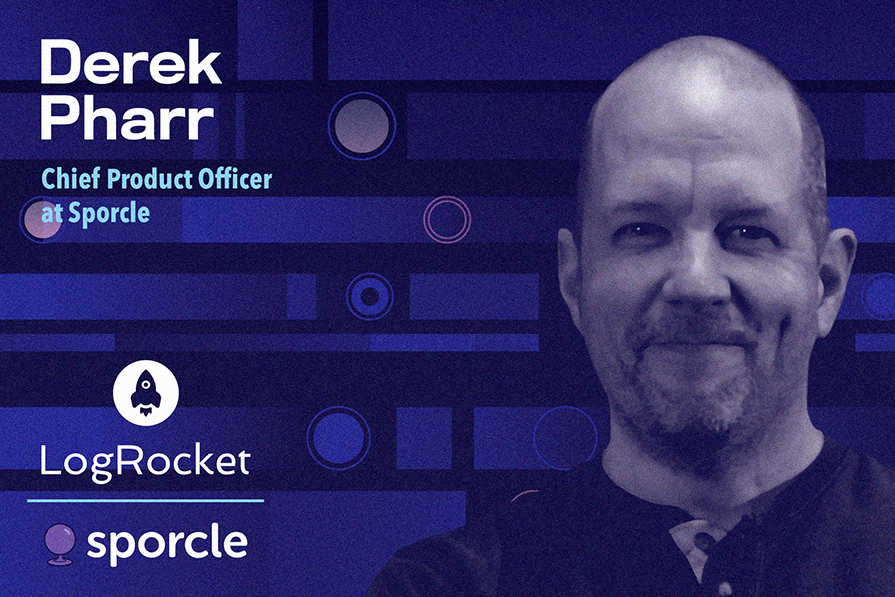
In our conversation, Derek talks about the power of community and how it’s shaped Sporcle’s product and company. He shares examples of how community-focused initiatives have been a pillar of Sporcle’s growth, including tournaments, an editor program, featured quizzes, groups, and more. Derek also discusses how these learnings have influenced projects in his personal life, including his newsletter, Chief Rabbit.
Building a community, even in the smallest sense, takes a while. It requires a lot of trust and is built through habit, shared culture, and good communication. A lot of what we try to do from a product standpoint is acknowledge that we’re not going to get a lot of quick wins. We do things very iteratively and focus on engagement and listening.
Our feedback channels, including people writing to us directly or posting comments, are very important and have been from the beginning. We hear what users want and adjust accordingly. It’s all about prioritizing things that help users not only create, but connect and come back. That continues to this day.
For example, we’re releasing a feature later this month called Sporcle Tournaments, which is a way for our users to create new experiences and invite their friends to compete in tournaments. You can do that with the public group, or you can do it privately with just your friends or family. It’s designed to give a lot of structure to the things already happening organically, such as classrooms running battles or friend groups coming together. There are always these little micro communities, and we’re trying to feed that more, especially as we grow.
We’re largely ad-driven, so we care about clicks, quiz plays, signups, subscriptions, etc. Since we are building a community specifically, we also focus on things like contributions from creators, i.e., how many quizzes are created by unique users. Our community extends to people using our forums, which we call groups, as well as people earning badges. We have a playlist infrastructure as well, so we look to see if people are engaging with those.
For example, the other day, 470 users created new quizzes, and 30,000+ badges were earned. We track these types of metrics daily. We also monitor our forums to see what people are talking about, whether they’re reporting problems, having discussions, or even playing forum games. We use Power BI pretty extensively, and we have all of these reports that write into Power BI and others that write out to Slack. We keep a pulse on all of these metrics through those methods.
Absolutely. Toward the end of last year, we changed our focus from a heavier ad experience to showing fewer ads that are more targeted and contextual. We want people to be more engaged, so they spend more time on our site, and we show them ads that way instead.
We ran a brief experiment where when a user clicked “give up” and chose to show the correct answer, we would put up a screen that had an ad on it. The screen had more information, and the user could resume, but the ad was the main aspect of that pop-up. Our community hated it and let us know about that very quickly. We saw quiz plays per user and general usage go down. After that, we yanked it out. That week really reaffirmed that putting roadblocks in front of users, even for the benefit of monetized ads, is a bad idea. Now, we’ve gone the other way.
We have a much cleaner experience, and that’s something we’re continuing throughout the year. How can we provide a clean, contextual, and personal experience? This was a nice example of our user community having a lot to say, but also our data reinforcing what the community was telling us.
There’s always a little bit of give and take. Our users are amazing, but they react strongly to changes. Also, just because they say they want something doesn’t mean that they’d actually use it. We really try to balance the feedback from the users with our own experience, initiatives, and data. As much as we’re a content company, we’re a technology company too. We track a lot. Creating this amalgamation of all of these perspectives and along with our own iterative processes, gets us to our long-term goal.
As part of our continued investment in community-driven features, we’ve spent the last six months building out Sporcle Tournaments. This has been a big project for us. We don’t have a giant team. We are looking at teacher tools at the moment, because we know that we’re big in classrooms and education settings. At the same time, we’re always trying to balance that with quick wins to show people that we’re always iterating and doing new things.
Quiz creation was the first one. Creating a platform for users to create quizzes was very early in our history, and we were very small at the time. We’d get notes from people saying, “Can you make a quiz about this?” This came anywhere from people with an interest in Tom Hanks movies to studying for a final exam on amino acids. Through that, and from people asking for ways to make this themselves, we knew there was a strong appetite to create tools for people.
This goes back to 2008 or so, and there weren’t a lot of competing options out there. That’s when we locked in on creating tools for users. We modeled after Adobe and created a pre-release program with 15 users involved. In return, they got the chance to make their content first, give us feedback, and become superstars in this budding community. Focusing on those creators and not only giving them the ability to make quizzes, but also to have their quizzes be discoverable, was huge for us. It’s what led us to our explosive growth.
The funny part is we weren’t as prepared for it as we could have been. In the first week, the numbers were pouring in. That led us to build our current system, which features specific quizzes. When you get featured, it becomes part of our library. It’s a key milestone for our creators. It’s not just the visibility that comes with it — you’re getting recognition and an important achievement. It’s become a goalpost for people who make quizzes.
Badges were another development we created from that. They create goals and these missions for creators. Then, we started creating user badges around their original content. We have amazing artists who would create badge artwork that was very specific to that user. That’s become important, and people congratulate each other for it.
It can be hard, especially when you just want to go all in on one particular area. Not to mention that the digital side also supports our events business, which we do around the country. The good thing, actually, is that we don’t have a ton of resources. We have a handful of product managers and engineers depending on the time of year. We’re a mature company, so we have bugs and tech debts like any other company. We also recently bought typing tests, so we have to support that too. Knowing that we don’t have unlimited resources helps force us to be more judicious about the things that we have to work on.
Early on, we created an editor program. We had a cohort of early pre-release quiz testers who got to be these editors, and we’ve codified it over time. We now have 15 categories and 15 editors, and many subcategories as well. Even though there’s only one editor per category, you can be a curator of up to three subcategories. That whole program is foundational for us because it gives users editorial control, in a way. It also highlights their work and importance to the community.
By and large, people get into these editor roles and don’t give them up. We’ve had editors with us for 8–10 years. The whole program has been so good for us — it’s definitive of the power of community and how people are motivated by impact.
Community isn’t built in a moment — it’s built from thousands of moments. I knew some aspect of that in my previous roles, but it’s really been reinforced at Sporcle. It’s been especially important to have a mindset of, “What does this look like in 10 years as opposed to 10 months?” This is so crucial for building community. It’s all the little things that add up — recognizing people, replying to them, and creating consistent connections. Loyalty is built on trust, which compounds over time.
One example of noticing the little things was with a user whose avatar was his cat. He was really involved — he made lots of quizzes, became an editor, and was very active in the community. Many years ago, we found out his cat had died. We had one of our artists take the picture of the cat, work it into our logo, and we replaced our Sporcle logo with that. When a user moused over it, it said, “Honoring Bill’s cat,” or something along those lines.
It meant so much to him. And we did it because we loved this guy. He’s been important to us. It wasn’t performative — it was the right thing to do. And it mattered so much to the community. They were like, “Oh my gosh, I can’t believe Sporcle did that.” Anyways, he was all in. He ended up working for us part-time and, later, full-time. Now, he’s my engineering manager. I talk to him every day.
We didn’t do that because we wanted to hire him into some role. We did it because he was important to the community, and we wanted to show that. And that care is what building a lasting community looks like. That’s not something you’re going to realize on day one. That’s why my biggest piece of advice is to pay attention.
I’ve been building a weekly newsletter called Chief Rabbit for the past 15 months. It has its own community, and it’s going very well. I’m taking a lot of the lessons that I’ve learned over my career because I’m not just trying to write something each week and call it good. I’m trying to build a community of people who want to learn and share things they care about. I’ve been able to take a lot of my experiences over the years and apply them, even though the platform and context are totally different. Yet, it’s very transferable. It’s not specific to a trivia company.
That’s been really impactful for me. Building this community on the side reminds me of so many things that I bring back to Sporcle. It’s a two-way exchange that can both keep growing.

LogRocket identifies friction points in the user experience so you can make informed decisions about product and design changes that must happen to hit your goals.
With LogRocket, you can understand the scope of the issues affecting your product and prioritize the changes that need to be made. LogRocket simplifies workflows by allowing Engineering, Product, UX, and Design teams to work from the same data as you, eliminating any confusion about what needs to be done.
Get your teams on the same page — try LogRocket today.
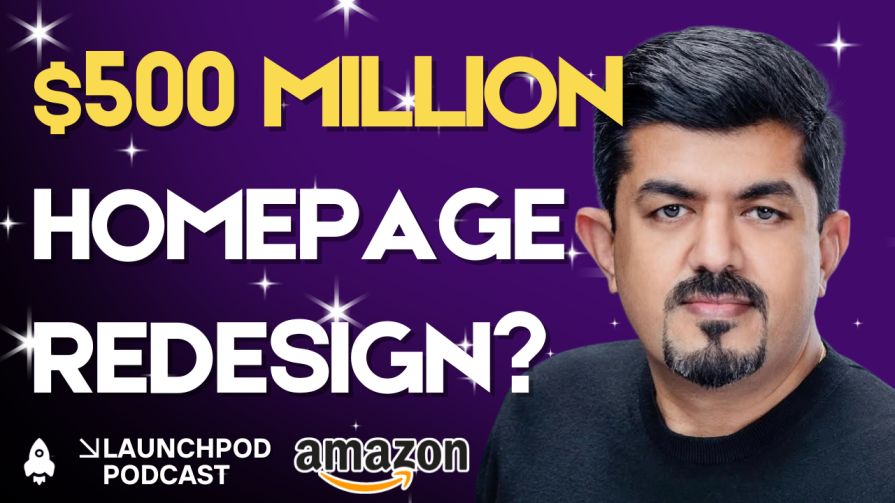
Rahul Chaudhari covers Amazon’s “customer backwards” approach and how he used it to unlock $500M of value via a homepage redesign.
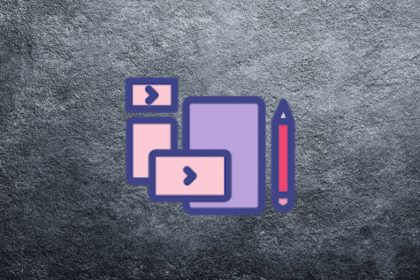
A practical guide for PMs on using session replay safely. Learn what data to capture, how to mask PII, and balance UX insight with trust.
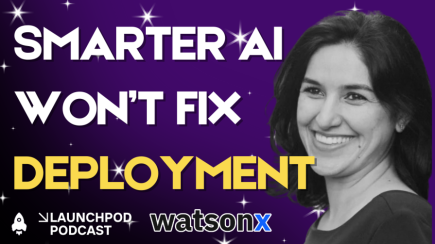
Maryam Ashoori, VP of Product and Engineering at IBM’s Watsonx platform, talks about the messy reality of enterprise AI deployment.
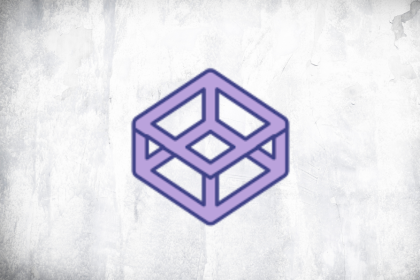
A product manager’s guide to deciding when automation is enough, when AI adds value, and how to make the tradeoffs intentionally.